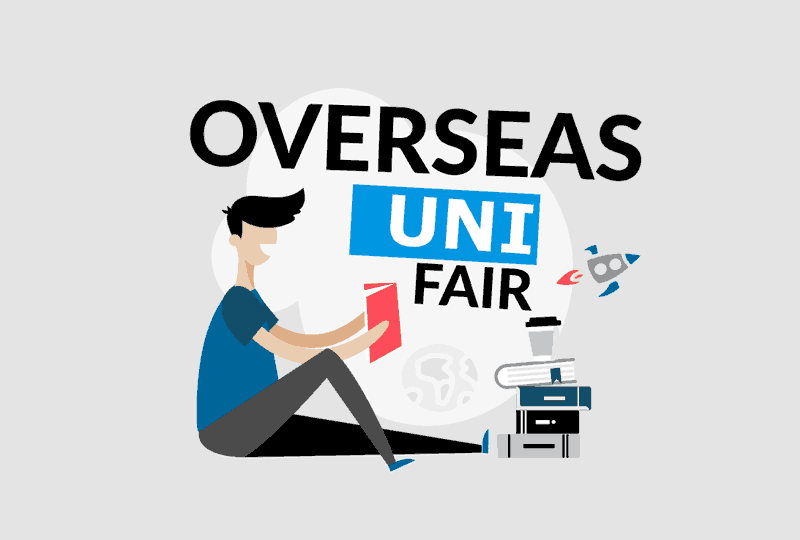How do I write a good personal statement?
Entering a university takes more than good grades, past work or achievements. Most universities require a personal statement – this gives the admissions committee a good gauge of your interest in a specific field of study and how eloquently you are able to convey that interest. While there is no hard and fast rule how a personal statement should sound like, all universities will always be looking for the following:
1. Your interest and enthusiasm

Universities are looking for students who understand the course’s subject matter and will be able to do well in the field of study they are applying for. Demonstrate to the university that you are a suitable candidate for the course. Do this by expressing your interest and level of dedication to the subject matter. Go beyond “talking” about being interested – SHOW how you have pursued your interest.
- Why have you chosen to apply for the course? How did you develop interest in this particular field of study?
- What are some books/materials you have read, or activities you have been involved in that are related to the line of study?
- Why do you think you are suitable for the course? What are some specific skills and experience that will help you succeed?
2. Your plan after university

Many undergraduate schools, particularly those in specialised scientific fields or business, are looking for ambitious students capable of critical thinking with an idea of what they want to achieve. It is okay to not have a concrete plan, aim to do after graduation. What do you hope to achieve upon graduation?
- How does the course relate to what you want to do in the future?
- How do you intend to use the knowledge and experience you have gained from the course?
- What do you hope to gain from your university experience abroad?
3. Your Voice
Creativity and unconventionality are traits that are in greater demand in the workplace today, and that means your personal statement is the first step to letting your personality shine. This is also how you can stand out from a pile of university applications. There is nothing worse than submitting a run-of-the-mill statement you've pieced together using a template that could have been taken off the Internet.
- What are some of your hobbies, interests, and social activities? How do they demonstrate your personality and skills?
- Have you been involved in any extra-curricular activities or voluntary work? How can they be linked to skills or qualities related to the course you are applying for?
- What makes you different? What drives you?
The Dos and Don’ts of writing a personal statement
Dos
- Do use your best English and don't let spelling and grammatical errors spoil your statement.
- Do show that you know your strengths and can outline your ideas clearly. Use words you know will be understood by the person reading your statement.
- Do be enthusiastic – if you show your interest in the course, it may help you get a place.
- Do expect to produce several drafts of your personal statement before being totally happy with it.
- Do ask people you trust for their feedback.
Don'ts
- Don't exaggerate – if you do you may get caught at the interview when asked to elaborate on an interesting achievement.
- Don't rely on a spellchecker as it will not pick up everything – proofread as many times as possible.
- Don't leave it to the last minute – your statement will seem rushed and important information could be left out.
Free consultation available
Need some examples or stuck on your first sentence? Chat online with your education planner.
Meet us at the upcoming university fair
Speak with overseas university representatives and attend free seminars at the largest overseas education fair in Singapore. Register for free today!


